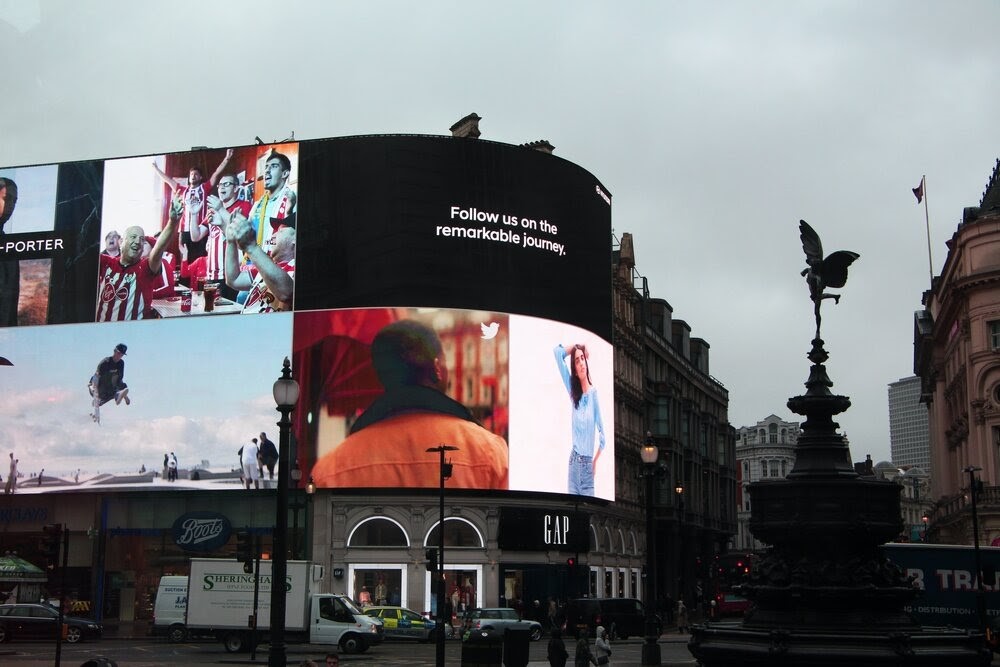PR professionals have a reputation for being a friendly, unflappable bunch but like anyone, they too experience moments of frustration. Here are 10 things every PR professionals secretly wishes you knew but are too professional to tell you.
Being experts at navigating social relations doesn’t make PR professionals immune to the everyday frustrations that inevitably crop up in their work. Though your gracious PR rep may be well-equipped to handle anything that comes their way, there are things that drive even the most seasoned PR professionals batty. Here are 10 common things PR reps wish their potential clients knew:
1. PR is a non-negotiable part of business
“If you think PR is negotiable or a ‘nice-to-have’, you’re dead wrong,” says Jordan, a PR specialist from Sydney who regularly works with fledgling brands. “If your business is trading you are already in the business of PR. Everything you do plays a part in crafting your reputation and public relations is just the applied way to build and manage your brand.”
“PR is one part of a holistic and integrated marketing and communications plan. Often small businesses see the outcomes of PR and instantaneously want to emulate the same for their business,” says KK Projects Director Keri Kitay.

“It’s important as a small business to realise that it’s a marathon and not a sprint. Before engaging in a PR campaign, it is essential that you have everything in place, such as your sales channels to capture leads generated by PR, an e-commerce system that can support enquires and sales, customer service, all your purchasing, refund and shipping policies in place and enough product in stock to support sales. In addition, it is important for a small business to recognise that PR will generate awareness and provide leads to your website but it is equally if not more essential that your website is optimised to convert the sale. “
2. Have realistic expectations
“It’s important to understand that PR isn’t instantaneous and it can take a few months to see results. Your agency needs some time to build relationships with key media on behalf of your business, and some publications are working to an editorial calendar, so you may not be relevant to what they’re working on at the moment,” says MHPR Director Meg Harris, “This is why we always recommend new clients give us a minimum of 3 months to build the momentum and start to see coverage coming through.”

3. Measurables won’t give you the full picture
“We can report on KPIs like media coverage, engagement or web traffic but PR is more of an art form than an exact science,” says Jordan, “Measurables don’t always give you the full picture of how a campaign is going, especially to measure how consumer sentiment is changing over time. Instead of being fixated on particular numbers or metrics, it pays to think of what your overall brand strategy is and look at what measurables will truly reflect its progress.”
4. Please get back to PR professionals quickly!
“We want to be fully prepared to take advantage of every opportunity that comes up,” says Sydney based agency rep Siobhan, who works in corporate communications. “When there’s missing information or a slow response from our clients it means that sometimes we miss out on great opportunities to promote their brand. In media timing is everything.”
5. It’s all about relevancy
“What you think is interesting or relevant may not always resonate with everyone else,” advises Katie, who enjoys working with clients to identify their best-selling points in her role as an account manager at a Melbourne PR agency. “That’s where we come in to do the research and advise on what angles work best to promote the client.”
6. Social media is here to stay
“Social media gets a bad rap from some corners, but what some businesses don’t realise is that it’s a really budget-friendly and effective way to get your name out there,” says Katie. “It’s not just a place for teenagers to hang out. Lots of people use social media to learn about products and get recommendations; any business can use social media to build a relationship with customers and get valuable insights.”
7. Have a plan
“To execute a PR campaign effectively, small businesses need to allow adequate time for agencies to audit the business, the market and the PR opportunities before putting together a strategy,” says Keri, “A well thought out PR plan requires detail and research. Similarly, the time to execute a PR plan and generate media coverage and results does not happen overnight. There is a lot of detail in a plan and considerate execution, which your PR agency or publicist has spent many years crafting, building relationships with media and developing their IP to produce results.”
8. PR is not the same as advertising

“Part of the value of PR is that media coverage is so much more powerful than straight-up advertising because consumers place greater trust in independent reviews,” says Siobhan, “But obtaining coverage is not as straightforward as paying for an advertising slot. A lot of patience is needed but the results are worth it.”
9. Pay attention to presentation
“High-quality assets can be the difference between being featured or not,” says Meg, “If you can afford to, arrange to shoot a variety of high res imagery such as simple product shots on a white background and lifestyle images so you have a greater chance of being able to provide for different publications’ needs.”
“More journalists are mindful of the environment these days so extravagant product send-outs with excess packaging are no longer necessary to secure coverage. It’s more important to really research who your business is relevant to and send them a personalised pitch with your product and the key information.”
10. Listen to us
“My dream clients are clients who really take my feedback on board even if they don’t agree with me,” says Maya, who has spent most of her career working with corporate clients from her base in Sydney. “A trusting relationship is essential to achieving the best results; at the end of the day, I feel most appreciated when I feel listened to. My expertise is hard-earned and being able to put it to good use is its greatest reward.”
Director of Millennium Communications, Cassandra Hili says you should expect transparency and honesty saying, “Just like in any good relationship, this goes both ways. By having these two values at heart, it will make your experience with your PR so much more enjoyable and won’t allow for any miscommunication or unmet expectations.”
“When it comes down to PR, it really is a team effort. So make sure you’re open to the ideas and angles that are presented to you.”
Written by Mary Nguyen at HM&M
